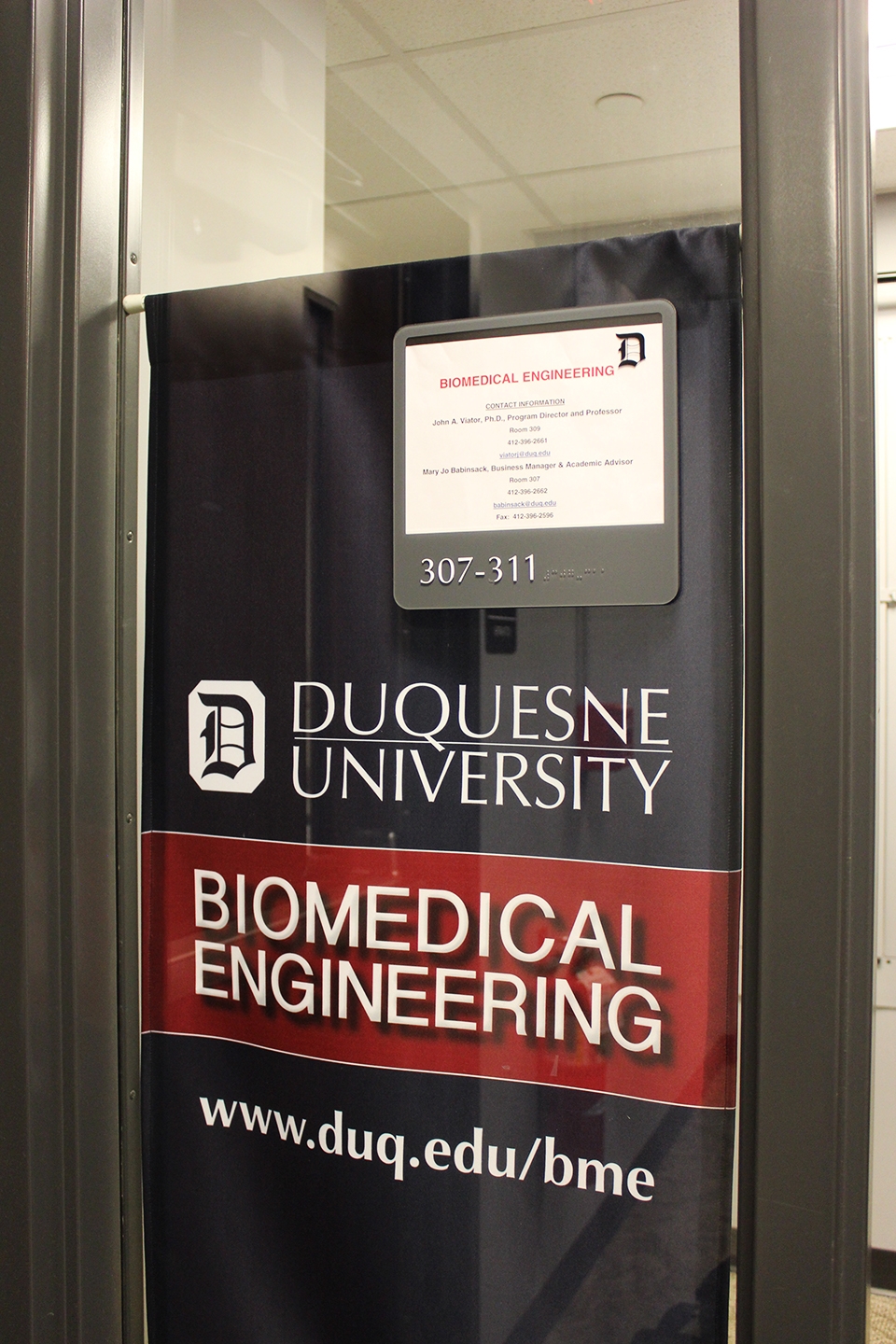05/02/2019
By Ollie Gratzinger | Opinions Editor
Mr. Rogers once said that when your heart can cry another’s sadness, your heart is full of love. Today, all of our hearts are a little fuller in the worst kind of way.
Within the last week, two shootings have claimed the lives of three people. The first was in a suburban synagogue, and the second, at the University of North Carolina.
Lori Kaye, 60, was killed when a white supremacist entered a synagogue in Poway — a suburb of San Diego — on April 27, the last day of Passover. Rabbi Yisroel Goldstein was shot in both hands, and he lost an index finger. Among the injured was an 8-year-old girl, who took shrapnel to the leg.
The attack took place exactly six months after the Tree of Life shooting in Pittsburgh, in which 11 worshippers were killed at a Saturday morning Shabbat service in Squirrel Hill. The Poway shooter, who will not be named out of fear of immortalizing him, had posted an antisemitic manifesto on 8chan, the same message-board website that the shooter of the New Zealand mosques had used in March.
This attack feeds into a larger, terrifying pattern of antisemitic violence that has been on the rise in the U.S.
According to the Anti-Defamation League, the total amount of antisemitic incidents in 2018 was 48% higher than the number of incidents in 2016, and 99% higher than in 2015. Within the past three years, our political climate has become more polarized than ever before in our recent memory, and extremists have started to feel emboldened by the administration’s failure to openly condemn white supremacy — when white supremacists rallied in Charlottesville, Trump said there was good on both sides — and the government’s unwillingness to issue common-sense gun control laws.
The Poway shooter used an AR-15-style gun, a weapon that no civilian should have access to. The gun’s only function is to kill a whole lot of people in as little time as possible. The same type of weapon was used in the Tree of Life shooting, and yet the attempts of Pittsburgh city officials to restrict use of assault-style weapons has been met with harsh criticism from gun-rights activists and supporters.
Innocent people are dying, and lawmakers are in a position to help curb the epidemic issue of mass shootings. When they do nothing, they become part of this disease. When the public protests the few lawmakers that do attempt to make change, it becomes unclear whether or not it can be cured after all.
For Jews, it feels like we’re returning to the era of pogroms and fear in which our grandparents and ancestors lived. For students, there are bigger stressors than finals week.
The April 30 shooting at the University of North Carolina-Charlotte left two people dead and four more wounded. Every news report has had the same themes: students hiding, crying, praying, running and fearing that they might not make it out.
We’re a generation that has come of age in times of terror. We count windows and exits whenever we enter a new space. Large gatherings, like parties, ceremonies or religious services, now bring with them an insurmountable fear based not in paranoid what-ifs, but rather grounded in a nightmarish reality.
At the same time, we’ve become so desensitized to this kind of thing happening. It’s dystopian, really. The conversation is always the same; “Oh, there was another shooting.” Then, a moment of heavy silence. Then, life goes on. How full can our hearts become before they burst and we can’t cry another’s sadness, because ours alone is too great a burden to bear?
Mass shootings are our generation’s biggest threat. When hateful rhetoric and a rise of bigoted attacks combine with unregulated guns and a government unwilling to waver, it’s a recipe for disaster. We need to do something, and we need to do it soon.




